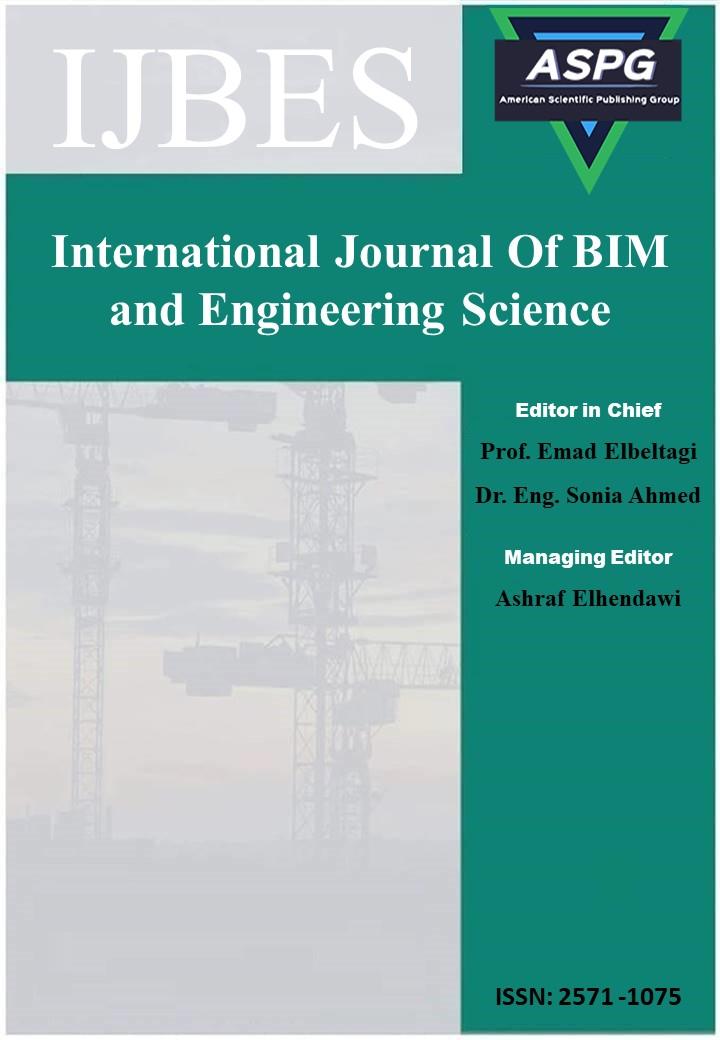

Volume 6 , Issue 1 , PP: 08-21, 2023 | Cite this article as | XML | Html | PDF | Full Length Article
Nora M. Faroun 1 * , Asmaa N. El-Badrawy 2 , Lamis S. El-Gizawi 3
Doi: https://doi.org/10.54216/IJBES.060101
Recently, the transformation of existing cities into smart cities has become an urgent necessity to solve urban problems by linking the dimensions of sustainability with information and communication technology to enhance the quality of life. The current research problem lies in the rapid increase in urban population growth, the increase in resource consumption over the past few decades, and the increase in migration rates from the countryside and neighboring villages to urban cities, which lead to an increase in the problem of solid waste management. Conventional waste management systems are not equipped to handle the excess waste generated by a growing population. To help bridge the gap, societies need to adopt smart waste management solutions that increase efficiency and reduce collection costs. Hence, transforming the solid waste management system into a Smart solid waste management system has become an urgent need for solid waste collection and treatment to achieve the Sustainable Development Goals (SDGs), especially in developing countries. Therefore, the study adopts examining the performance of East Mansoura city as a case study in the field of solid waste collection and treatment. To achieve the objective of this study, the key performance indicators for smart sustainable cities KPIs for SSC that were developed by the ITU and related to the collection and treatment of solid waste were adopted to measure and evaluate the current situation for the selected case study. Finally, an action plan was proposed to transform the waste management system in East Mansoura into a smart waste management system.
Smart Cities , Smart solid waste , Solid Waste Collection , Solid Waste treatment.
[1] DESA. World urbanization prospects: The 2014 revision. United Nations Department of Economics and Social Affairs, Population Division: New York, USA, ST/ESA/SER.A/366, 2015.
[2] Mohanty, S. P., Choppali, U., & Kougianos, E., Everything you wanted to know about smart cities: The Internet of things is the backbone. IEEE Consumer Electronics Magazine, 5(3), 60-70, 2016.
[3] Miller, D. and Hanzel, G. (2007). Megacity challenges: a stakeholder perspective. Siemens AG.
[4] Central Agency for Mobilization and Statistics, Environment Bulletin, 2019.
[5] https://english.ahram.org.eg/NewsContent/3/12/328684/Business/Economy/Egyptsenvironmenta7al-health-Taking-waste-seriously.aspx. Published 2019.
[6] Harrison, C., Donnelly, I. A. (2011). A theory of smart cities. The 55th Annual Meeting of the ISSS. Hull, UK.
[7] Albino, V., Berardi, U., & Dangelico, R. M., Smart cities: Definitions, dimensions, performance, and initiatives. Journal of urban technology, 22(1), 3-21, 2015.
[8] Karadağ, T. (2013). An evaluation of the smart city approach. MS thesis. Middle East Technical University.
[9] “Sustainable Development Strategy: Egypt vision 2030.” Green Growth Knowledge Platform, 2016.
[10] The general strategic plan for the city of Mansoura, the General Authority for Urban Planning, 2008.
[11] https://nordsense.com/the-ultimate-guide-to-smart-waste-management/. last visited on 5-2-2023.
[12] https://ubuntoo.com/s/ecubelabs, last visited 20-11-2022.
[13] Saifaie. A., A., Smart and Sustainable Waste Management in Dubai. A Magazine for the Environmental Center for Arab Towns, Issue 19, 2018.
[14] https://www.wasterecyclingmea.com/news/waste-management/smart-waste-managementstrategy-for-smart-dubai. last visited 24-6-2022.
[15] https://www.emirates247.com/news/emirates/dubai-municipality-places-100-smart-wastecontainers-on-sheikh-zayed-road-2018-04-09-1.667865. last visited 20-7-2022.
[16] The general strategic plan for the city of Mansoura - Dakahlia Governorate, 2007.